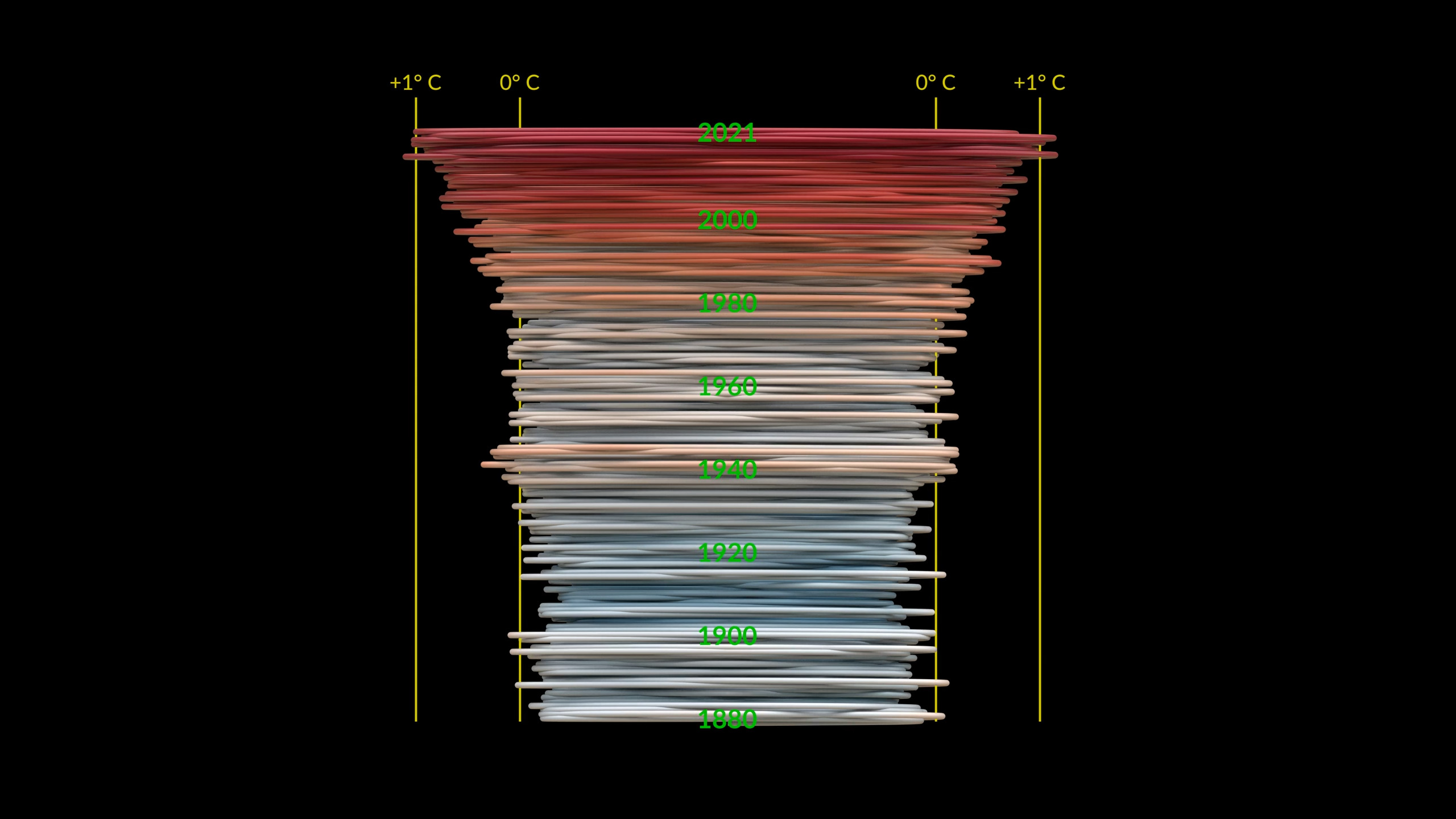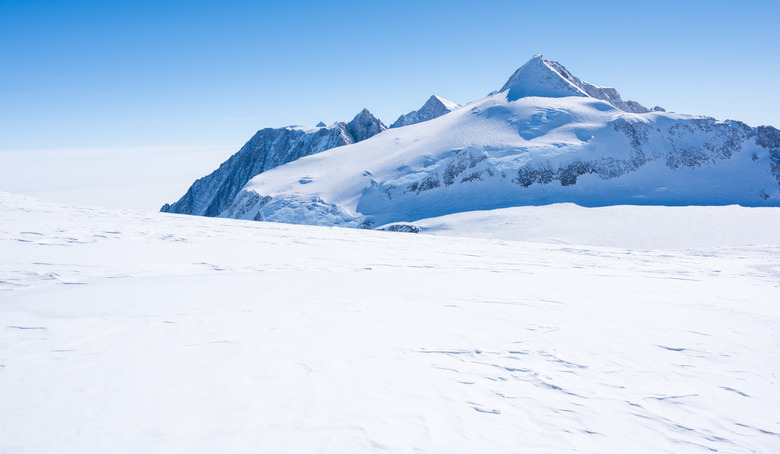New Data Provides Alarming Insight Into Just How Fast Antarctic Ice Could Melt
The Antarctic ice shelves are in danger of melting. That's a warning that scientists have spent decades screaming about at the top of their lungs. Despite these warnings, global temperatures continue to rise, leading to more and more issues with the ice shelves. Now, though, an Antarctic ice core has revealed alarming insights into just how quickly the shelves could melt and send sea levels skyrocketing.
According to the new research, which was published this month in Nature Geoscience, the West Antarctic Ice Sheet shrank dramatically around 8,000 years ago. This revelation provides a very alarming insight into just how quickly the major ice shelves could melt, leading to rising sea levels.
Now, obviously, this is a subject that I've touched on quite a bit, to the point that I'm starting to feel like a broken record, and I imagine some of the scientists involved must feel that way, too. But this discovery is extremely important because it highlights just how drastically the ice shelves can change if things change rapidly.

We've always known the risks that the melting ice shelves bring to our sea levels. But to see this data and that the shelves could melt so quickly really brings more importance to the warnings that scientists have been screaming about for years. By looking at this Antarctic ice core, we're able to see just how fast it retreated and thinned.
And, if it sees a similar retreating period now as it did back then, then it could release tons of ice into the ocean, causing sea levels to rise drastically, possibly even leading to some places below the current sea level becoming flooded. It's a terrifying prospect, and hopefully, this new data spurs attempts to stop climate change.
A few possible solutions have been proposed, including a massive parasol in space. However, nothing is truly moving forward yet, as many of these solutions are costly or hard to test. Antarctic ice cores are a fantastic source of historical data when it comes to looking at archives of Earth's atmosphere. And this one is no different.
Not only has it taught us more about our planet's past, but it has given us more fuel to add to the fire that climate change activists continue to stoke. Some believe that we're already too far gone and we can't stop the rapid rise of the global sea level. I can't say for sure when it comes to that. But what I do know is that the ice there is thinning, and if these glaciers and ice shelves collapse, it will be devastating for the rest of Earth.
